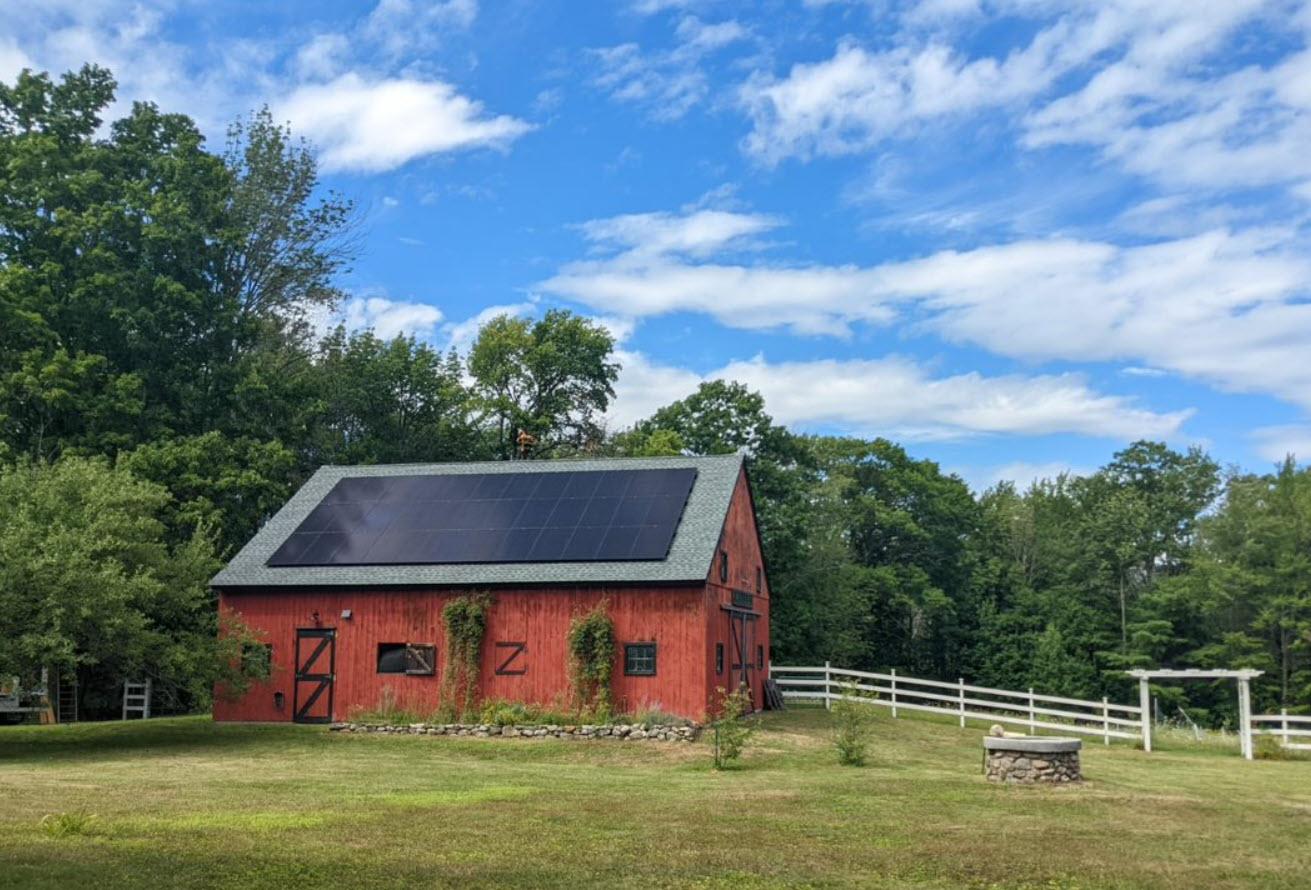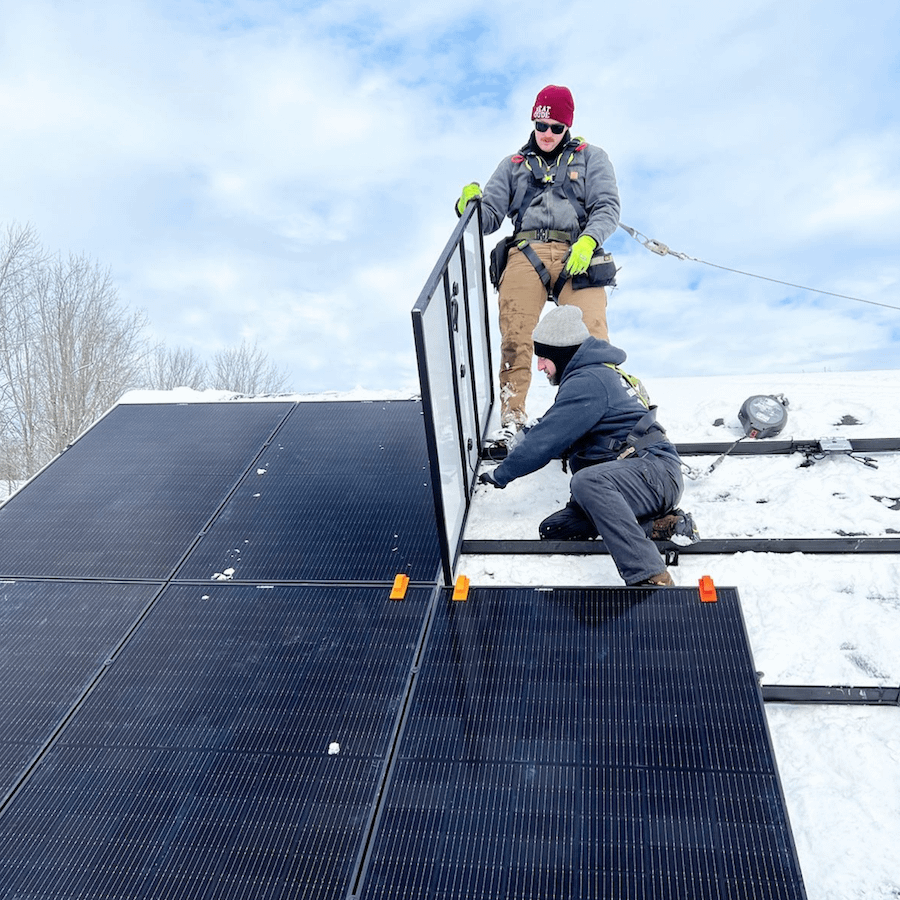All you need to know about solar power:
1. How long will an installation take?
Our typical residential solar power job takes us about 40 hours of installation time on the roof and about 10 hours inside the house. We typically send two technicians, so most jobs are completed in 2-3 days. That said, our installation queue is typically 3-6 months out, sometimes longer, due to the time required to get local clearances, apply for interconnection, pre-engineering work, design, ordering of materials, etc.
 2. Who actually installs the array?
2. Who actually installs the array?
We do! We are a 100% employee-owned company and take pride in installing all of the residential work ourselves. This means you have a consistent experience with one company, all aligned on making sure you are delighted with your solar experience every step of the way. Our install crews are friendly, professional, and well-reviewed from Maine to Massachusetts.
3. Will My Solar Array be "Off the Grid"?
Nearly all the work we do is grid-tied, meaning the solar array is still connected to the utility grid and you have a relationship where you export excess power to the utility and receive credits, and use the utility as backup power at night or in inclement weather. If we've included a quote for a battery backup, this would allow your home to have backup power and potentially be an 'energy island' -- standalone solar + batteries in times of grid outages -- but you are not fully disconnected from the grid, which is what 'off-grid' means.
4. What Happens When the Power Goes Out?
Unless you elect to have add battery storage to your solar array, the system will automatically turn off in a grid-outage. This is a safety feature to keep your system from backfeeding the grid.
5. Will the solar array put holes in my roof, or be too heavy?
We mount solar panels on a purpose-built aluminum rail system that is fastened about every four feet by penetrations into roof rafters. On a standing seam metal roof, these attachments are made directly to the standing seams, with no roof penetrations. On asphalt roofs, each mount is sealed with a 50-year Tripolymer sealant to prevent any leaks. We guarantee all roof work will be free from leaks. As for the weight of the array, it is less than 5 pounds per square foot, so a typically framed roof is more than adequate to carry the weight.
6. How will I know if the solar array is working?
Today nearly all inverters come with web-based monitoring that varies based on manufacturer. By reconciling your production with your electric bill, you can get a good idea what your household's electric load is and how much of a difference the photovoltaic system is making.
7. Can a solar array increase the value of my home?
Yes! Several studies demonstrate that solar homes are worth more money and sell more quickly. Learn more about how olar increases home value in our 10 Reasons to go Solar: Solar is in an Economic Opportunity.
8. Will my property taxes go up because of solar?
In most situations, no. Maine recently passed a statewide property tax exemption for solar, and in New Hampshire it is handled on the municipal level and many towns have passed local property tax exemptions.
However, if property tax is a concern we do recommend checking with your town (or city) hall to be sure.
9. Is a solar array noisy?
Solar power inverters are relatively quiet - emitting about as much noise as a refrigerator. They are generally installed in utility rooms or basements alongside existing mechanical systems, rather than in living spaces.
 10. Do I need to worry about solar panels in the snow?
10. Do I need to worry about solar panels in the snow?
Snow and ice are a reality of installing solar arrays in the Northeast and we design our systems to withstand the toughest weather we get. The reality is, after a snowstorm, your solar panels will be covered in snow. Don't panic! Usually they 'self-clear' quite well on the next sunny day. On an annual basis, the amount of energy production loss due to snow is fairly minor.
11. What about other obstructions like dust or pollen? Or cloudy days?
Our solar professionals design your system to meet your yearly electric use, using the best weather-data available from government sources (NREL) as well as our proprietary data-set, having built and monitored 1,000s of solar arrays across New England for 15+ years. Our design process is based around annual production, not seasonal, so naturally solar panels produce more in the summer and less in the winter. While the build-up of dust and pollen can affect panel efficiency, panels also clear easily (their surfaces are made of hardened glass) so with the typical rainfall in New England washing the panels yourself is never necessary.
12. Will I see a difference in my lights or in how appliances run with solar, like on a generator?
Solar electricity is identical to grid power, so you will never notice that the house is running on solar power. What you will see, of course, is a smaller electric bill!
13. How many years do solar panels generate power?
Solar panels sold today don’t ever stop generating. While some of the wirings may need upgrading in future years, the panels remain useful for over 40 years and generations to come with a minimal reduction in output in the years after the warranty.
